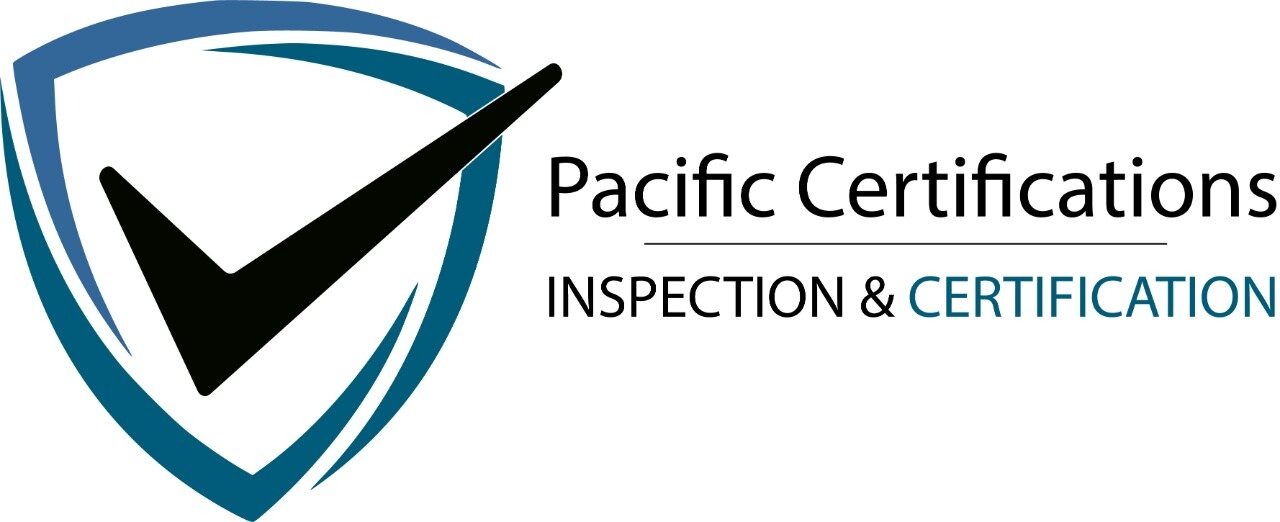ISO certifications for Internet Publishing and Broadcasting Services, Requirements and Benefits

Introduction
Internet publishing and broadcasting services have become a primary source of information, entertainment, and communication worldwide. From digital news platforms, online magazines, and blogs to web-based radio, video streaming channels, podcasts, and live broadcasting services, these organizations operate at the intersection of content creation, technology, and public trust. Their operations rely on content management systems, hosting platforms, streaming infrastructure, advertising systems, and user data processing.
As audiences increasingly consume content online, expectations placed on internet publishers and broadcasters have grown significantly. Stakeholders now expect content reliability, platform availability, data security, regulatory compliance, and responsible information management. Service outages, data breaches, content integrity issues, or lack of continuity can quickly erode audience trust and advertiser confidence. In many regions, digital publishers and broadcasters are also subject to stricter regulations related to data protection, misinformation control, and digital safety.
With the global digital media ecosystem expanding rapidly and competition intensifying, internet publishing and broadcasting organizations must rely on structured management systems rather than ad-hoc operational controls. ISO certifications provide internationally recognized frameworks that help these organizations standardize operations, manage risks, protect data, and demonstrate professionalism to audiences, advertisers, and regulators.
In internet publishing and broadcasting, credibility is earned daily—but sustained through systems that ensure consistency, security, and continuity.
Quick Summary
ISO certifications help internet publishing and broadcasting service providers improve content delivery consistency, protect user and advertiser data, manage operational and compliance risks, and ensure continuity of digital services. The most relevant standards include ISO 9001, ISO/IEC 27001, ISO/IEC 27701, ISO 22301, ISO 14001, and ISO 31000. Certification reassures audiences, advertisers, and regulators that digital publishing and broadcasting operations are reliable, secure, and professionally governed.
For more information on how we can assist your internet publishing and broadcasting services with ISO certifications, please contact us at [email protected]
Applicable ISO Standards for Internet Publishing and Broadcasting Services
Internet publishing and broadcasting operations involve content management, data processing, digital platforms, advertising systems, and continuity planning. Multiple ISO standards apply because these services handle public information, personal data, and high-availability digital infrastructure. Below are the key applicable ISO standards:
ISO 9001: Quality Management Systems
ISO 9001 helps internet publishers and broadcasters standardize processes such as content creation, editorial review, publishing schedules, platform maintenance, audience engagement, and complaint handling. It ensures consistency in service quality across channels and reduces operational errors that affect audience experience.
ISO/IEC 27001: Information Security Management Systems
Internet publishing and broadcasting platforms process large volumes of user data, analytics, advertising information, and content assets. ISO/IEC 27001 provides a structured, risk-based framework to protect digital platforms from cyber threats, unauthorized access, and data breaches.
ISO/IEC 27701:2019 – Privacy Information Management Systems
With increasing regulatory focus on user privacy, ISO/IEC 27701 helps publishers and broadcasters manage consent, cookies, analytics data, subscriptions, and user interactions in compliance with global privacy regulations.
ISO 14001: Environmental Management Systems
Although digital, publishing and broadcasting operations rely on energy-intensive data centers and infrastructure. ISO 14001 supports responsible environmental management and compliance with sustainability expectations from advertisers and regulators.
ISO 22301: Business Continuity Management Systems
Digital publishing and broadcasting services are expected to be available continuously. ISO 22301 ensures organizations can continue or rapidly restore content delivery during disruptions such as system outages, cyber incidents, or hosting failures.
Click here to find out more applicable standards to your industry
What are the general requirements of ISO Certifications for Internet Publishing and Broadcasting Services?
Understanding ISO requirements helps digital publishers and broadcasters implement systems that strengthen daily operations rather than adding unnecessary complexity. Below is an overview of the general and standard-specific requirements.
Covering content creation, publishing, streaming, and platform management
Written commitments on quality, security, privacy, and continuity
Identifying risks such as misinformation incidents, cyber threats, and outages
Standardizing workflows for content approval, publishing, and incident response
Ensuring staff competence and editorial accountability
Tracking KPIs such as uptime, content errors, and user complaints
Maintaining records of incidents, changes, and audits
Conducting periodic internal audits and management reviews
What are the specific requirements of ISO Certifications for Internet Publishing and Broadcasting Services?
ISO 9001:2015 – QMS Requirements
Understanding audience, advertiser, and regulatory expectations
Establishing quality objectives for content and service delivery
Planning actions to manage operational risks
Ensuring documented procedures and trained teams
Monitoring performance and continual improvement
ISO/IEC 27001 & ISO/IEC 27701 – ISMS & PIMS Requirements
Identification of information and personal data assets
Cybersecurity and privacy risk assessment
Access control, monitoring, and incident response
Data protection and consent management controls
ISO 22301:2019 – BCMS Requirements
Identification of critical publishing and broadcasting services
Business impact analysis
Continuity and recovery planning
Testing and reviewing recovery capabilities
Tip:Internet publishers and broadcasters often begin with ISO 9001 to stabilize content delivery and service quality, followed by ISO/IEC 27001 and ISO/IEC 27701 to address data security and privacy obligations as platforms scale.
Looking for ISO certification for your internet publishing or broadcasting services? Email us at [email protected].
What are the benefits of ISO Certifications for Internet Publishing and Broadcasting Services?
Below are the key benefits of implementing ISO standards into internet publishing and broadcasting operations:
More consistent and reliable content delivery, as standardized workflows reduce publishing errors, downtime, and audience complaints across digital channels.
Stronger protection of user and advertiser data, lowering the risk of cyber incidents, privacy violations, and regulatory penalties.
Improved audience and advertiser confidence, as ISO certification demonstrates professionalism, transparency, and governance maturity.
Greater operational resilience, ensuring publishing and streaming services continue during technical disruptions or cyber incidents.
Better control over editorial and operational risks, helping organizations proactively manage reputational and compliance challenges.
Enhanced competitiveness in digital media markets, where advertisers and partners increasingly prefer certified, well-governed platforms.
The global digital publishing and online broadcasting market continues to expand rapidly. Industry data indicates that global digital media revenues exceeded USD 600 billion in 2023 and are projected to surpass USD 1 trillion by 2030, driven by streaming growth, online advertising, podcasts, and on-demand content.
At the same time, digital media platforms face increasing scrutiny related to data privacy, platform reliability, and content governance. Cyber incidents targeting media platforms and misinformation-related controversies have heightened regulatory oversight worldwide. Energy efficiency and sustainability are also becoming important as digital infrastructure scales.
Industry benchmarks suggest that digital media organizations implementing structured quality, security, and continuity systems achieve 20–30% reductions in service disruptions and compliance-related incidents. By 2030, governance aligned with ISO 9001, ISO/IEC 27001, ISO/IEC 27701, and ISO 22301 is expected to be increasingly viewed as a standard expectation for professional internet publishing and broadcasting services.
How Pacific Certifications Can Help?
Pacific Certifications, accredited by ABIS, acts as an independent certification body for internet publishing and broadcasting service providers. We conduct impartial audits to assess whether management systems and operational practices conform to applicable ISO standards, based strictly on documented evidence and real operational controls.
We support internet publishers and broadcasters through:
Independent certification audits conducted in accordance with ISO/IEC 17021
Objective assessment of content operations, security, and continuity controls
Clear audit reporting and certification decisions
Issuance of internationally recognized ISO certificates
Surveillance and recertification audits to maintain certification validity
Contact Us
If you need support with ISO certification for Internet Publishing and Broadcasting Services, contact us at [email protected].
Author: Seema
Read More at: Blogs by Pacific Certifications

